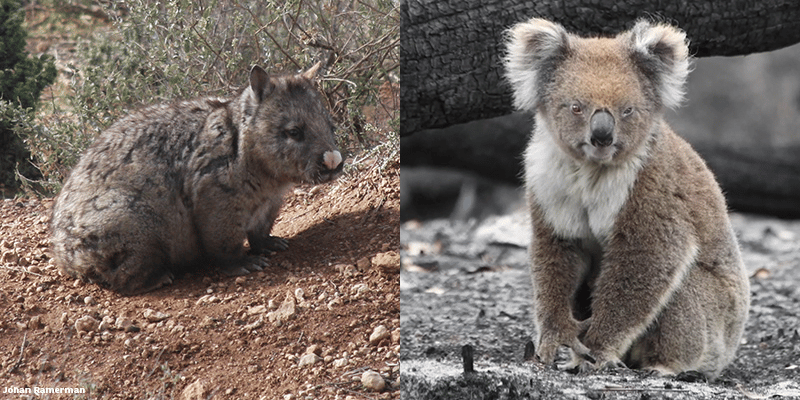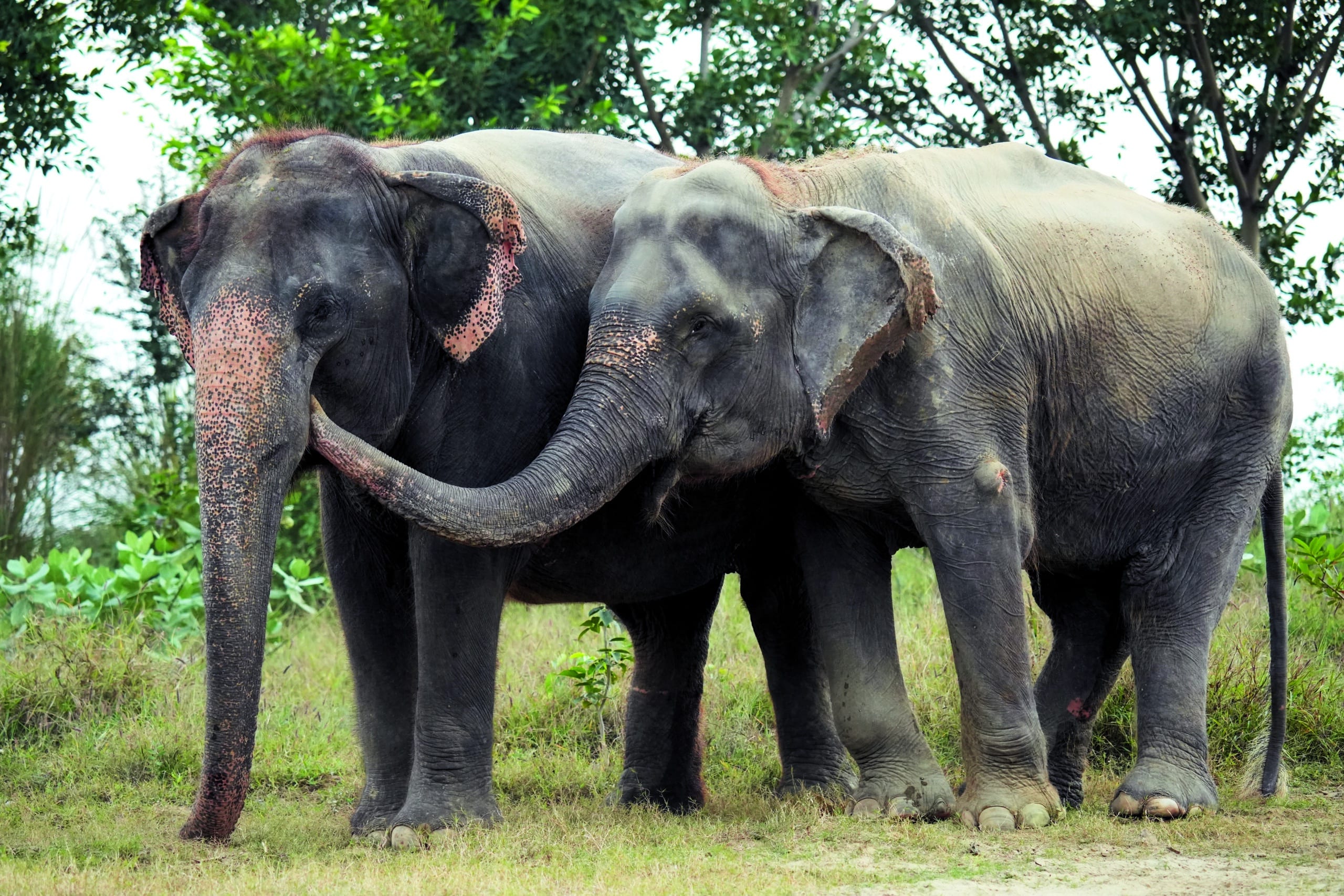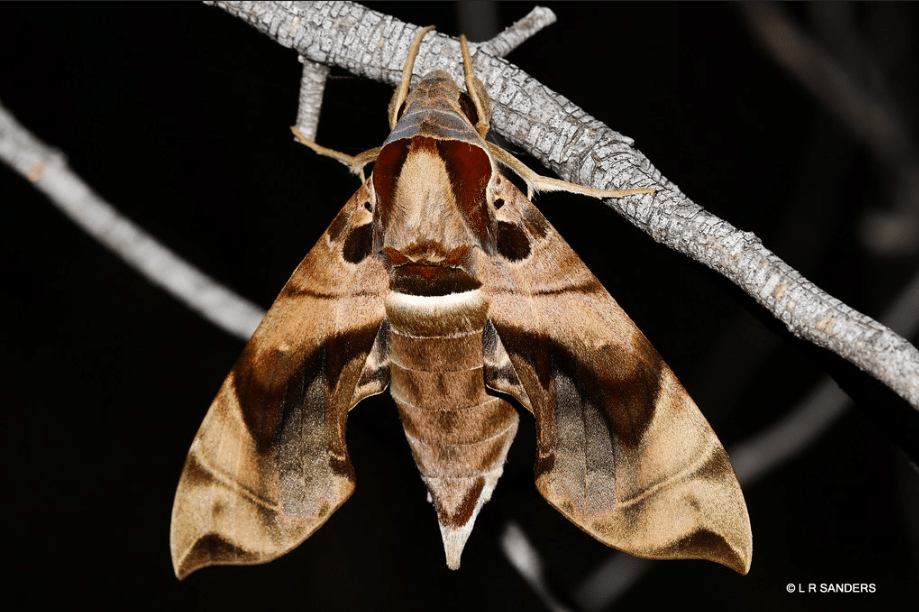You might remember Kalpana—I am happy to report that this year she celebrates her fifth rescue anniversary at Wildlife SOS. Formerly exploited and abused as a ‘begging’ elephant in Uttar Pradesh, Kalpana was rescued in 2019 and brought to the Wildlife SOS Elephant Hospital Campus (EHC) in Mathura for comprehensive...
The team at HSI are finding ourselves busier than ever despite the challenging circumstances. We wanted to update you on some of the things we have been working on (from home!). During these difficult times, HSI is proud to keep speaking up for animals and their habitats which remain under threat regardless of the pandemic—some more now than ever before.
Late last month, the Intergovernmental Science-Policy Platform on Biodiversity and Ecosystem Services (IPBES) reiterated the need for ‘transformative change’ to halt the extinction crisis in the face of the current COVID-19 pandemic.
HSI is more determined than ever to push hard for this transformative change we so desperately need. We finalised our submission to the review of the Environment Protection and Biodiversity Conservation Act 1999 and have already had a follow up meeting with the Review Chair, Professor Graeme Samuel, as a key member of the Places You Love alliance. We will be continuing to provide our expertise to ensure the draft recommendations (to be released in June) will strengthen environmental protections and not weaken them.
We have also been meeting (via Zoom) with the Threatened Species Commissioner, Sally Box on actions that must be taken following the devastating bushfires and urgent responses needed to stem the extinction crisis. In addition, we just completed our submission to the Bushfires Royal Commission and will continue to work hard to make certain that we improve outcomes for wildlife through policy recommendations and direct action as we face more and more extreme bushfire seasons.
HSI is prominent in the global calls for a permanent closure of wildlife markets—a concept which is supported by the Australian Government. We recently published a White Paper, sent to 188 governments, which details the evidence linking wildlife markets to COVID-19 and other zoonotic diseases and we will continue to work hard towards ending this cruel, unsustainable trade which also poses such a terrible human health threat.
We are also still focused on our vital nominations work and have just submitted two iconic species and two ecological communities affected by drought and fire for increased protections under Australian law. The southern hairy-nosed wombat and koala (nominated in partnership with WWF and IFAW) will be considered for assessment in the months to come, along with fire-devastated habitats that provide for a wealth of species in the heavily hit South East Corner Bioregion of NSW: Araluen Scarp Grassy Forest and Brogo Wet Vine Forests.

And our direct support for wildlife carers and conservationists continues. We have now delivered more than 70 grants to our Wildlife Land Trust members and other wildlife carers in need as a result of the bushfires, totalling nearly $550,000. We will continue to support these quiet heroes on the front lines of wildlife protection and work towards making their efforts more resilient in the face of ever-increasing threats. You can read more about the grant recipients the kind of help we have been able to provide here.
I am very proud of our team for adapting to the current situation so well and to our amazing supporters who have stayed with us throughout this crisis—there is so much still to do and we have no plans of slowing down our efforts!
To subscribe to our blog click here.
Erica Martin is the CEO of Humane Society International Australia. Erica joined HSI in 2017 after working for the International Fund for Animal Welfare (IFAW) as the Vice President of Global Communications based in the USA. Prior to that she was the Regional Director for IFAW Asia Pacific, based in Sydney. Erica also has a wealth of experience in government relations having previously worked for the Australian Federal Government as Director of Communications for the then Department of Communications, Information Technology and the Arts in Canberra.


